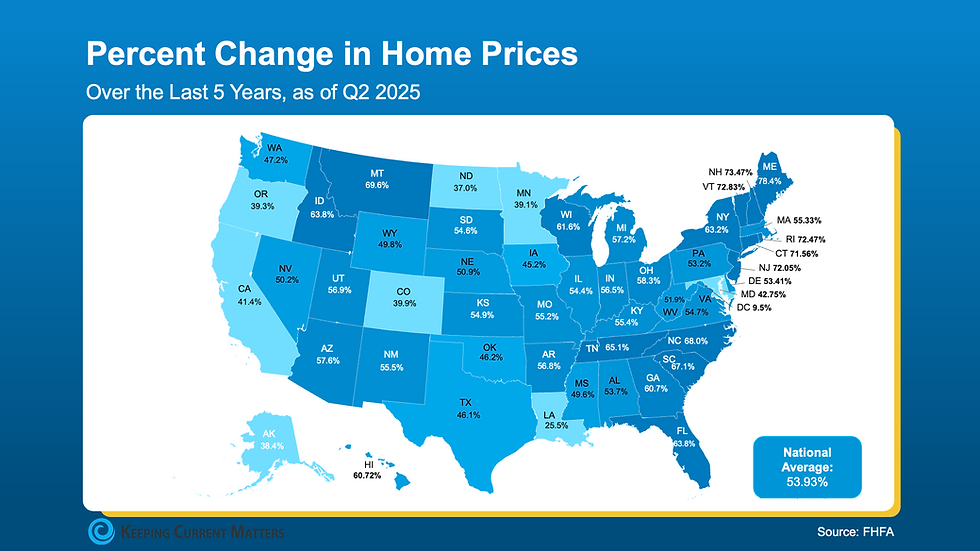National Housing Emergency: What It Could Mean for Buyers in Chicago and Illinois
- grace264
- Sep 16
- 2 min read

The Conversation Around a National Housing Emergency
Recently, more clients have been asking about the possibility of a National Housing Emergency and what impact it could have—especially for first-time homebuyers who are finding it harder than ever to enter the market.
According to the National Association of Realtors (NAR), in 2024 only 24% of buyers were first-time buyers—the lowest share on record. This has raised serious concerns about the long-term health of the housing market. President Trump has highlighted homeownership as part of the “American Dream” and has signaled that his administration is exploring supportive housing policies.
Looking Back—and Today’s Reality
Declaring a housing emergency isn’t new. Nearly 80 years ago, President Truman used the measure after World War II to address housing shortages—accelerating construction, expanding rental assistance, and promoting new building methods.
Today’s challenges are different:
A shortage of more than 4 million homes
Persistently high mortgage rates
Barriers to entry for first-time buyers
Chicago & Illinois: Local Connections
Chicago and Illinois reflect the same national struggles. A JPMorgan Chase Institute report found that between 2022 and 2024, the share of first-home purchases in Chicago fell sharply—particularly among 30–44 year-olds, the age group traditionally most active in buying homes.
Mortgage rates in Illinois have been close to or slightly below national averages—around 6.25% for a 30-year fixed and 5.13% for a 15-year fixed. Still, even with competitive rates, down payments and closing costs remain major barriers.
Fortunately, local programs already exist: the Illinois Housing Development Authority (IHDA) and Cook County offer down payment and closing cost assistance. A National Housing Emergency declaration could expand or enhance these programs.
Why This Matters for Chicago & Illinois Buyers
If a National Housing Emergency is declared, buyers here could see benefits such as:
Reduced upfront costs through expanded down payment and closing cost support
More diverse housing supply (townhomes, duplexes, ADUs)
Potential rate stabilization if federal policy aims to ease borrowing costs
Expanded state and county programs with looser qualifications
Final Thoughts
While no policy details are set yet, a National Housing Emergency could open new doors for first-time buyers in Chicago and Illinois. If you’ve been hesitating because of affordability concerns, now is the time to learn about local programs and get prepared. Opportunities usually come to those who are ready first.
📌 Thinking about buying or selling? This is the moment to review your strategy.
Chicago BDB | Hansang Chul
📞 773-717-2227 | 📧 ChicagoBDB@gmail.com






Comments